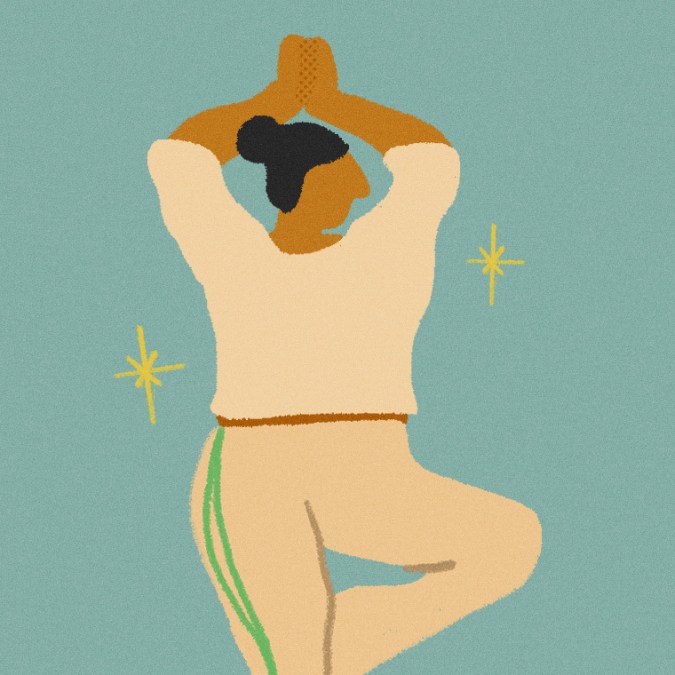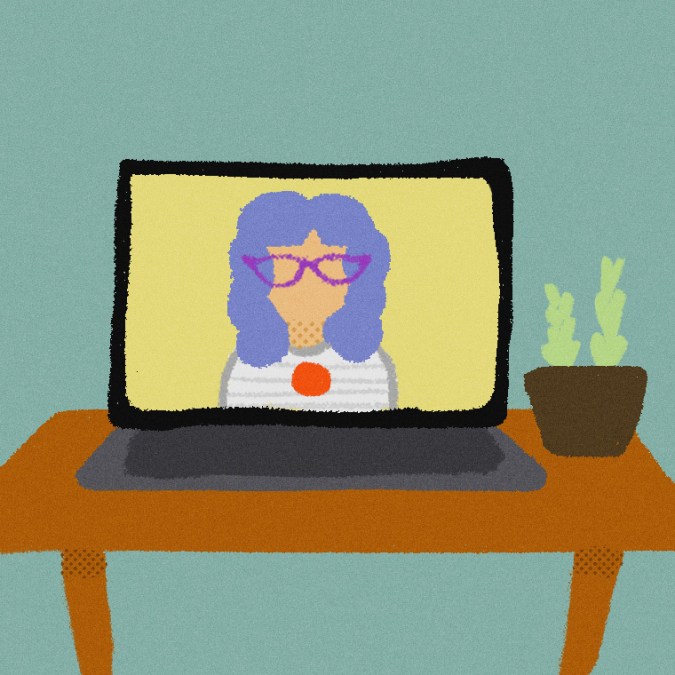Physical distancing is meant to keep individuals safe but the effects have taken a toll on the mental health of many—a reality that may affect other areas of life as we reopen. With millions of people confined to their homes and in constant company with family, the strain of the quarantine has become more and more apparent over time.
A recent survey found that 55% of correspondents say this pandemic has affected their mental state, and while there are multiple factors that can contribute to mental health issues, therapists agree that the coronavirus pandemic and quarantine have undoubtedly played a part in recent spikes.
Another study published in March in the medical journal The Lancet found that quarantine symptoms were similar to those of post-traumatic stress disorder, and some research suggests it can be long-lasting.
“I find that most clients are also struggling with heightened levels of anxiety and struggling with feelings of fatigue and not being able to [be] as ‘productive’ as [they were] prior to the pandemic. Productivity is a construct of capitalism and it is hard for clients to unpack the internalized sense that they need to be productive even when operating in a world that is in crisis,” licensed Psychotherapist Melissa Lopez tells Remezcla.

“I also find many of my clients who are BIPOC [Black, Indigenous and People of Color] feeling very valid anger of how this pandemic is disproportionately affecting Black and Brown communities, racial trauma is ongoing and this is another manner that racism manifests in health disparities and systemic discrimination and has a huge mental health impact,” Lopez, who identifies as a Latinx intersectional feminist, added.
According to an ongoing survey by Strada Education Network, 72% of Latino and Asian Americans fear losing their jobs along with 68% of Black Americans. In April, 20.5 million Americans were out of work, and the unemployment rate soared to 14.7%. That being said, those concerns are only amplified in such an unstable economy.

“As a trauma therapist who sees survivors of various traumas, control is a big factor that has to earn trust but given the global pandemic, things that clients once had under control are becoming difficult and techniques previously learned are not working anymore, which is normal,” Latinx Therapy founder and Licensed Marriage and Family Therapist Adriana Alejandre tells Remezcla.

She notes that many of the clients she’s currently helping are struggling with anxiety, depression and trauma symptoms that she says resurfaced as a result of the pandemic. With financial uncertainty, fear of getting the coronavirus, and work instability, Alejandre says people are unsure of the future which attributes to worsening mental health.
But the adjustments go beyond what’s going on in the world, it’s also about what’s going on inside people’s homes. Licensed therapist and clinical counselor Zeahlot Lopez of Vida Therapy tells Remezcla she’s seeing many working individuals struggling with suddenly taking on the role of teacher for their kids and many dealing with family issues. Her practice works mainly with entrepreneurs of color, mainly women between the ages of 25-40 and specializes in virtual therapy for the Latinx community. She says April was their busiest month and they hired more clinicians to work with their clientele “especially Latinx especially women because mamas need help too.”
Only 20% of Latinos who experience symptoms of a psychological disorder talk to a doctor about their symptoms and only half of them contact a mental health professional according to the Anxiety and Depression Association of America. This is likely due to factors including cost, access, and the stigmatization of mental health which could all be worsened during this time.
“I have never experienced this amount of people in crisis back to back and it is understandable, the clients that I work with are already marginalized and the pandemic heightens struggles and barriers that they face pre-pandemic,” Melissa said. “The pandemic is affecting everyone but it is not affecting and impacting everyone the same and that is heightening the need for mental health support.”

While virtual and telephone therapy are the new norm for the time being, costs can still prevent people in need from getting professional help. According to Alejandre, people seeking therapists can search the Latinx Therapy directory and reach out about reduced fees or visit Open Path Collective, a nonprofit where therapists in private practice provide services from $30-60 per session. She also recommends diaphragmatic breathing or double breathing where they breathe in for six seconds, hold for a few seconds, then exhale for 12 seconds.
Another option Melissa offers is committing to doing three things each day, one that you have to do, one that “nourishes your spirit” and lastly, at least ten minutes of movement. Free resources she recommends include The Icarus Project and Rest for Resistance and ultimately she wants people to remember that “there are so many stressors occurring right now and past difficulties and traumas being triggered, it is important to be kind to ourselves.”
As more people are connecting virtually now, NYC-based Dominican therapist Josie Rosario recommends apps Calm and Headspace which are offering free subscriptions. She does warn though that technology has its limits.
“I would invite people to think about what they need to feel connected with others and most importantly, themselves,” she says. “While technology is great, that can also be overwhelming if it’s used without boundaries,” she tells Remezcla. “I think the important question for folks to ask themselves is not so much what is available—which can be overwhelming sometimes—and more, what would be helpful for me?”




